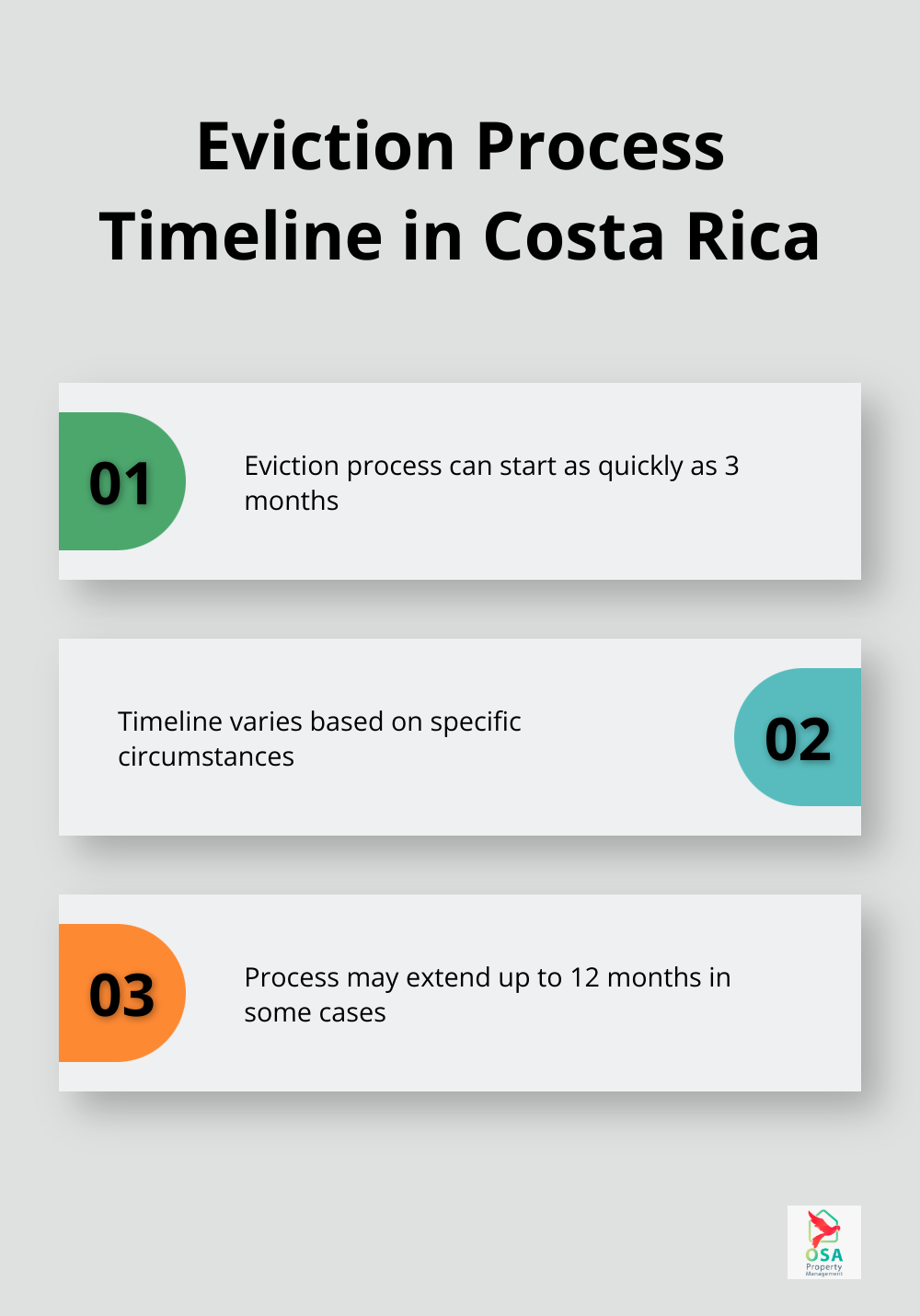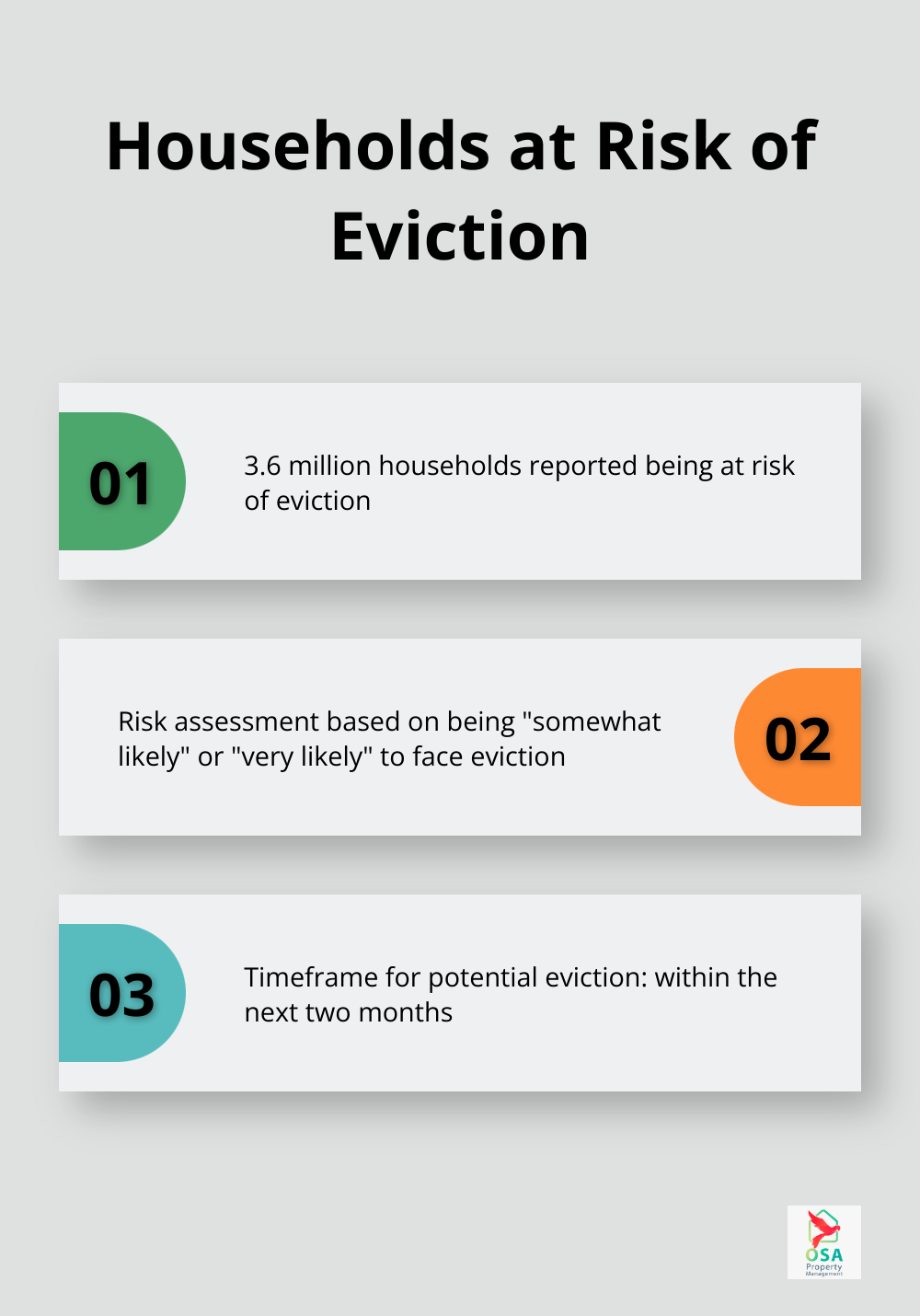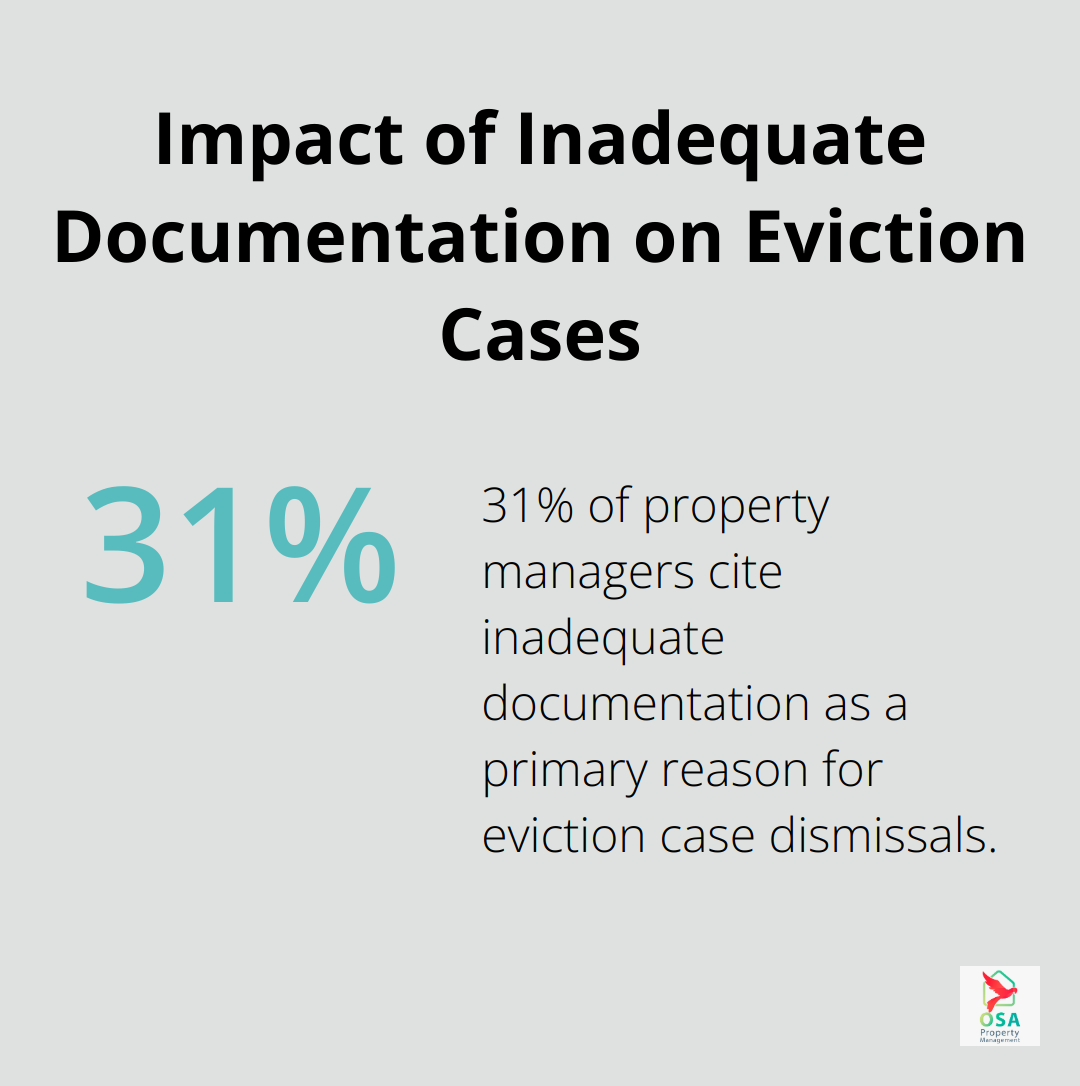At Osa Property Management, we understand that handling evictions is one of the most challenging aspects of property management. Evictions can be complex, emotionally charged, and legally risky if not executed properly.
This guide will walk you through the essential steps of how property managers handle evictions, from understanding the legal grounds to executing the process fairly and efficiently.
Understanding the Legal Grounds for Eviction
Common Reasons for Eviction
Property managers must understand the valid reasons for eviction. Non-payment of rent tops the list as the most frequent cause. Other grounds include lease violations, property damage, illegal activities on the premises, and lease expiration without renewal. Clear documentation of these issues is essential before initiating an eviction.
Local and State Laws
Eviction laws differ significantly by location. In Costa Rica, where Osa Property Management operates, the eviction process can last 3 to 12 months (depending on specific circumstances and local court efficiency). Property managers must familiarize themselves with their area’s specific regulations to ensure compliance and avoid costly errors.

The Eviction Process Timeline
The eviction process follows a series of steps:
- Issue a written notice to the tenant
- File an eviction lawsuit if the tenant doesn’t comply
- Attend a court hearing
- Obtain a judgment for possession
- Coordinate with law enforcement for tenant removal if necessary
Each step has specific timelines and requirements that demand strict adherence. In many jurisdictions, tenants must receive a certain number of days’ notice before an eviction lawsuit can proceed. This period ranges from 3 to 30 days or more, depending on the location and reason for eviction.
Property managers should prepare for the entire process to take several weeks or months. About 3.6 million households said they were “somewhat likely” or “very likely” to face eviction in the next two months, according to a National Apartment Association report.

Documentation and Record-Keeping
Proper documentation proves vital throughout the eviction process. Property managers should maintain detailed records of:
- Lease agreements
- Rent payment history
- Communication with tenants
- Notices served
- Evidence of lease violations
These records will support the property manager’s case if the eviction proceeds to court.
Legal Consultation
Given the complexity of eviction laws, property managers often benefit from legal consultation. An attorney specializing in landlord-tenant law can provide valuable guidance, ensure compliance with local regulations, and represent the property manager in court if necessary.
Understanding these aspects of the eviction process allows for more efficient handling of evictions when necessary. However, prevention remains the best strategy. The next section will explore preventive measures property managers can implement to minimize the need for evictions.
How Property Managers Can Prevent Evictions
Implement Rigorous Tenant Screening
Property managers must use a comprehensive approach to tenant screening. This process should include:
- Credit checks to assess financial responsibility
- Income verification to ensure rent affordability
- Employment confirmation for stability
- Previous landlord references to gauge rental history
- Criminal background checks for safety considerations
Local regulations aimed at tenant screening processes can impact housing affordability and property management practices. It’s important for property managers to stay informed about these regulations and their potential effects on eviction rates and overall property management strategies.
Establish Clear Communication Channels
Open and transparent communication with tenants prevents misunderstandings that could lead to eviction situations. Effective practices include:
- Providing a detailed welcome packet with all relevant information
- Scheduling regular check-ins with tenants
- Offering multiple communication channels (email, phone, text)
- Responding promptly to tenant inquiries and concerns
Optimize Rent Collection Strategies
Efficient rent collection is vital in preventing payment-related evictions. Several strategies can streamline this process:
- Offering online payment options for convenience
- Setting up automatic recurring payments
- Providing clear instructions on payment methods and due dates
- Sending friendly reminders before rent is due
Provide Clear Lease Terms and Expectations
Property managers should ensure that all lease terms and expectations are clearly communicated and understood by tenants. This includes:
- Explaining all clauses in the lease agreement
- Clarifying rules and regulations (e.g., pet policies, noise restrictions)
- Outlining consequences for lease violations
- Providing a written copy of all policies and procedures
Clear lease terms help prevent misunderstandings and reduce the likelihood of lease violations that could lead to eviction.
Offer Flexible Payment Options
In some cases, offering flexible payment options can help tenants avoid falling behind on rent. Property managers might consider:
- Allowing tenants to split rent payments (e.g., bi-weekly instead of monthly)
- Providing a grace period for late payments (without encouraging habitual lateness)
- Working out payment plans for tenants experiencing temporary financial hardship
These strategies can help maintain positive relationships with tenants and reduce the need for eviction proceedings. The next chapter will explore the steps involved when eviction becomes necessary, despite these preventive measures.
Executing Evictions: A Step-by-Step Guide for Property Managers
Documenting the Case
Property managers must maintain comprehensive files for each tenant. These files should include:
- Lease agreements and addendums
- Rent payment history
- Copies of all notices served
- Records of lease violations
- Photographic evidence of property damage
- Witness statements from neighbors or staff
A survey by the National Apartment Association reveals that 31% of property managers cite inadequate documentation as a primary reason for eviction case dismissals. Meticulous record-keeping provides essential legal protection.

Serving Eviction Notices
The proper service of eviction notices is a critical step. Each jurisdiction has specific requirements for notice delivery. In Costa Rica, notices must be served in person or via certified mail with return receipt. The notice should clearly state:
- The reason for eviction
- The amount of overdue rent (if applicable)
- The deadline for the tenant to vacate or remedy the situation
- The landlord’s intent to pursue legal action if the tenant fails to comply
Property managers must document the date, time, and method of notice delivery. Some regions allow for “posting and mailing” (where the notice is posted on the property and a copy is mailed to the tenant).
Navigating Legal Proceedings
If the tenant fails to comply with the eviction notice, property managers must file a lawsuit. This process varies by location but generally involves:
- Filing a complaint with the local court
- Paying court fees ($50 to $400)
- Attending a hearing before a judge
- Presenting evidence and testimony
- Obtaining a judgment for possession
Property managers should prepare for potential delays. The Urban Institute reports that the average eviction process takes 3 to 4 weeks from filing to judgment, but can extend to several months in tenant-friendly jurisdictions.
Managing Property Turnover
Once a judgment is obtained, property managers must coordinate the actual removal of the tenant and their belongings. This often involves:
- Scheduling with local law enforcement for tenant removal
- Arranging for a locksmith to change locks
- Documenting the condition of the property
- Handling any abandoned tenant possessions according to local laws
The National Apartment Association conducted a survey in 2021 based on 2020 financials, which revealed the significant impact on the rental apartment industry.
Property managers should approach evictions with caution and professionalism. While protecting the property owner’s interests is paramount, maintaining ethical standards and complying with all legal requirements is equally important. The eviction process, when executed correctly, ensures fair treatment for all parties involved and protects the property manager from potential legal repercussions.
Final Thoughts
Property managers handle evictions with care and professionalism to protect property owner interests while respecting tenant rights. They navigate legal requirements, documentation processes, and ethical considerations when dealing with evictions. Fair and legal eviction practices protect property managers and owners from potential legal repercussions, maintain the integrity of the rental market, and foster trust between landlords and tenants.
Education plays a key role in mastering the eviction process. Property managers must update their knowledge of eviction laws and procedures, which can change over time. Resources such as local real estate associations, legal workshops, and property management forums provide valuable insights and updates on best practices for handling evictions.
Osa Property Management understands the nuances of local eviction laws and the importance of maintaining positive relationships with tenants while protecting client investments. We strive to find alternative solutions when possible, implement strong preventive measures, maintain open communication with tenants, and approach conflicts with empathy and professionalism. This approach often resolves issues before they escalate to the point of eviction.

